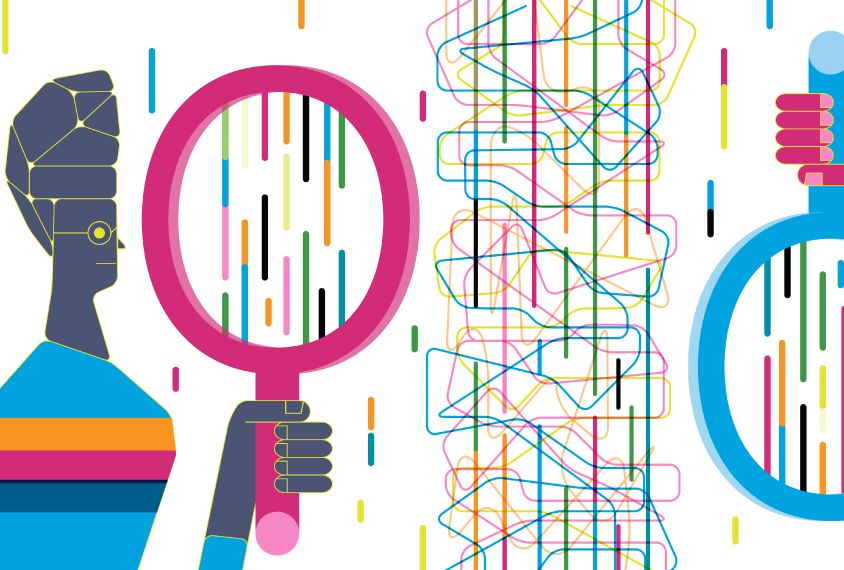Clare Harrop is assistant professor of allied health sciences at the University of North Carolina at Chapel Hill.
Clare Harrop
Postdoctoral Fellow
University of North Carolina at Chapel Hill
From this contributor
How to safeguard online data collection against fraud
When autism researcher Clare Harrop tried to recruit survey participants over social media, she received hundreds of fraudulent responses. But there are ways researchers can protect themselves from similar experiences.

How to safeguard online data collection against fraud
Learning when to treat repetitive behaviors in autism
Some restricted and repetitive behaviors may have hidden benefits for people with autism, so scientists should work to find a happy medium between acceptance and change.

Learning when to treat repetitive behaviors in autism
Explore more from The Transmitter
Shifting neural code powers speech comprehension
Dynamic coding helps explain how the brain processes multiple features of speech—from the smallest units of sounds to full sentences—simultaneously.

Shifting neural code powers speech comprehension
Dynamic coding helps explain how the brain processes multiple features of speech—from the smallest units of sounds to full sentences—simultaneously.
Astrocytes orchestrate oxytocin’s social effects in mice
The cells amplify oxytocin—and may be responsible for sex differences in social behavior, two preprints find.

Astrocytes orchestrate oxytocin’s social effects in mice
The cells amplify oxytocin—and may be responsible for sex differences in social behavior, two preprints find.
Neuro’s ark: Spying on the secret sensory world of ticks
Carola Städele, a self-proclaimed “tick magnet,” studies the arachnids’ sensory neurobiology—in other words, how these tiny parasites zero in on their next meal.

Neuro’s ark: Spying on the secret sensory world of ticks
Carola Städele, a self-proclaimed “tick magnet,” studies the arachnids’ sensory neurobiology—in other words, how these tiny parasites zero in on their next meal.